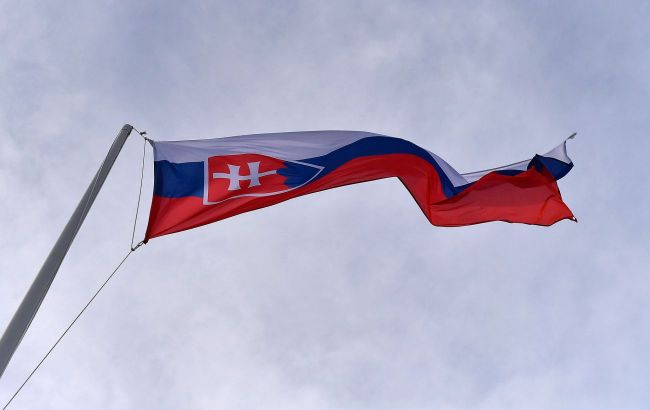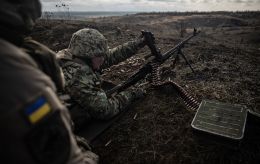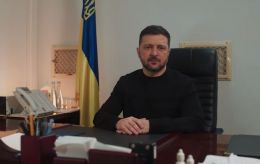Pro-Ukrainian candidate or Fico's partner: Second round of presidential elections in Slovakia
 Photo: second round of presidential elections in Slovakia (Getty Images)
Photo: second round of presidential elections in Slovakia (Getty Images)
In Slovakia today, April 6, the second round of presidential elections is taking place. Competing for the position are pro-Ukrainian candidate Ivan Korchok and the partner of Prime Minister Peter Pellegrini, reports Aktuality.
Polling stations in Slovakia opened at 7:00 a.m. and will close at 10:00 p.m. There are approximately 4.4 million voters in the country.
As reported by the media, the final election results may be known tomorrow, April 7. Preliminary results will begin to be published today.
Candidates
In the second round of elections, the former Minister of Foreign Affairs Ivan Korchok and the Speaker of Parliament and former Prime Minister Peter Pellegrini are competing for the presidency.
Korchok has the support of the parliamentary opposition in Slovakia. He is considered a pro-Ukrainian candidate. In the first round of elections, he received 42.4% of the vote. His victory in the first round was unexpected, as polls did not predict such results.
Another candidate for the presidency is Peter Pellegrini. He is the leader of the left-wing Voice party, which is part of the coalition with Prime Minister Robert Fico's party. The Prime Minister of Slovakia is known for his anti-Ukrainian statements. He is also considered a friend of Hungarian Prime Minister Viktor Orbán.
In the first round of presidential elections, Pellegrini received 37.1% of the vote.
Slovakia's stance on the war
It is worth noting that Slovakia has been providing military assistance to Ukraine since the beginning of the full-scale war. In particular, the country provided Zuzana 2 self-propelled artillery systems.
However, last year Slovakia's rhetoric sharply changed when the country's government was led by Robert Fico. The politician supports Hungary's position on reducing aid to Ukraine. Fico also announced the refusal to provide military assistance to Ukraine.
Later, the Slovak authorities explained the prime minister's statement, stating that the country would not provide weapons from its arsenals, but would not break contracts.

